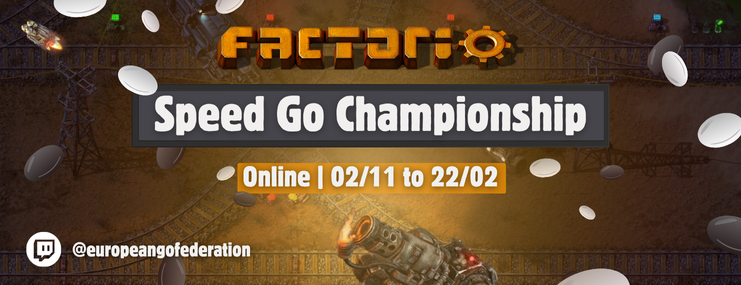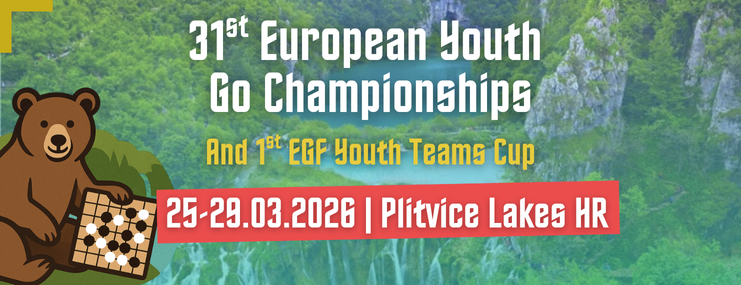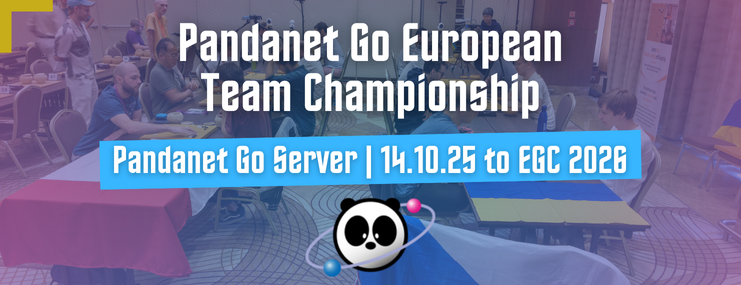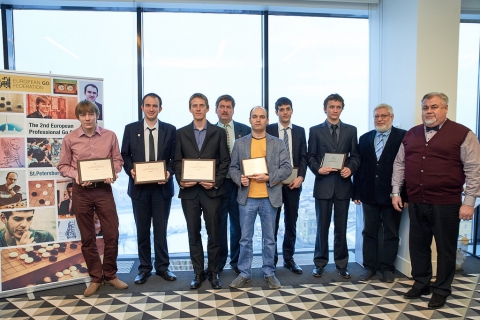An exclusive tournament for the European go elite
If you wonder why this tournament is so special, then you need to know that there are not many European professional players, as it is very rare and not easy to become one. Before 2014 there was just one way for players from Europe to obtain a professional title. It involved studying go in an Asian country and reaching a high enough level to qualify as a professional under the local accreditation systems. In the European history of go, just a handful of European players achieved their professional status this way, mainly in Japan and Korea (see the list here).In 2014 another way to become a professional go player was created in Europe. The European Go Federation in cooperation with CEGO set up a European accreditation system. Within this system the top European amateur players (5d to 6d) can earn a professional status by beating their peers in a tough qualification tournament. As the number of professional titles is limited, they do need to be the best. The first players to become the European professionals under this system were Pavol Lisy (Slovakia) and Ali Jabarin (Israel). One year later, Mateusz Surma (Poland) and Ilya Shikshin (Russia) earned their titles, and in 2016 Artem Kachanovsky (Ukraine) joined them.
What these “new” European professionals have in common is that they are all young, ambitious, extremely talented and passionate about go (you can learn more about each of them here). It is therefore not surprising that all of them came to Saint-Petersburg this year to fight for the title of the European Professional Go Champion. This championship is organized for the second time (last year it was won by French player Fan Hui, 2p China).
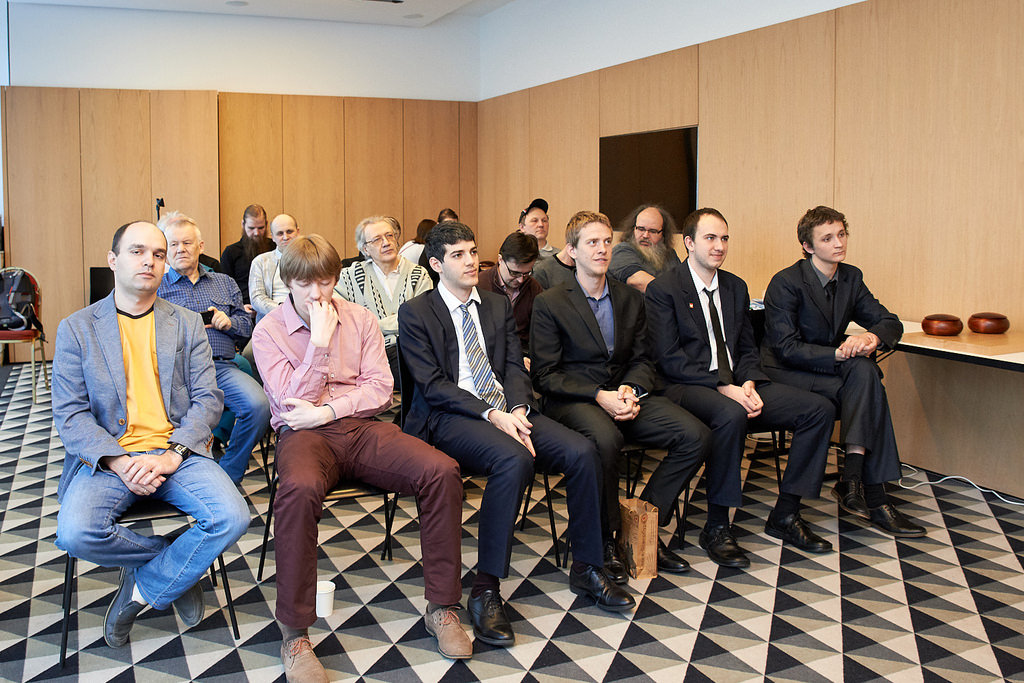
2nd European Professional Go Championship
This year six professionals fought for the title. In addition to all the five 1p who qualified in Europe (Pavol Lisy, Ali Jabarin, Mateusz Surma, Ilya Shikshin and Artem Kachanovsky), Alexandre Dinerchtein (Russia, 3p Korea) joined the championship. Last year he lost all his games, while Mateusz Surma, Ilya Shikshin and Ali Jabarin scored two points each.Day 1
Alexandre Dinerchtein started the championship with an unusual opening – he played three 5-7 points. This led to a sensational game with his opponent Artem Kachanovsky. The most exciting part was the battles on the top side, whose ending was not satisfactory for Alexandre. His one-eyed group seemed pretty much dead, but at one point he somehow managed to pull it out. When Artem tried to keep it separated, he was faced with a tough choice between saving his own group or sacrificing it for capturing another of black’s group in return. Just a few moves after that choice, Artem resigned (see the game record at the end of this article).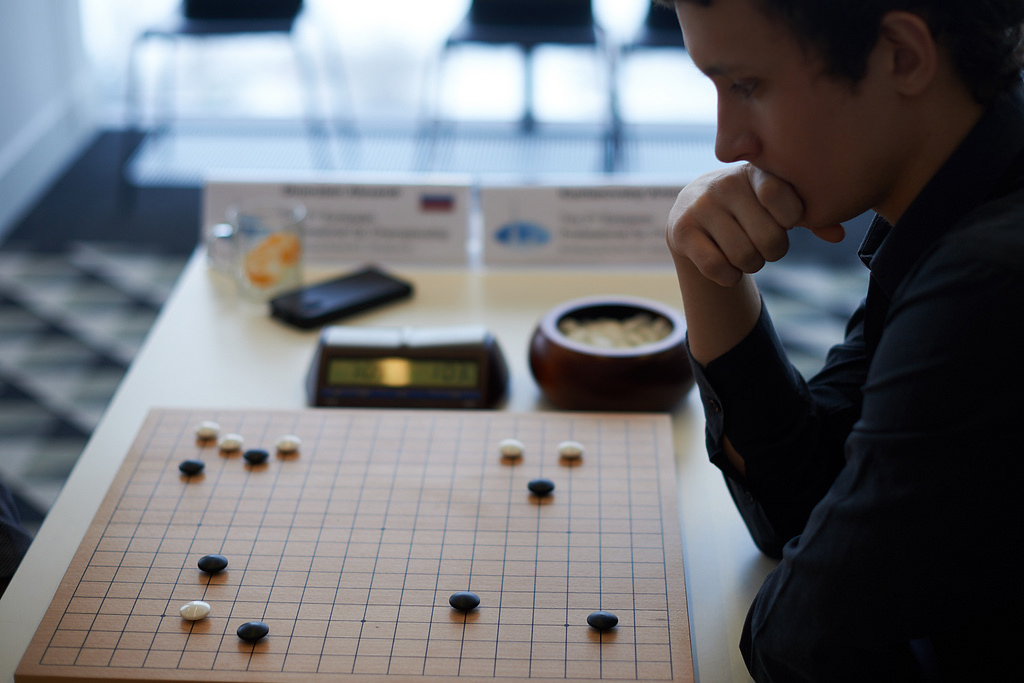
Day 2
There is a saying in go, stating that if one player owns all four corners, he should resign (as that implies he has an insufficient amount of points, and cannot find enough elsewhere). In the third round, Ali Jabarin showed that this saying does not always apply, as he took all four corners in his game against Artem Kachanovsky and still won the game by 9.5 points. The other two games ended by resignation, with Alexandre Dinerchtein beating Mateusz Surma, and Ilya Shikshin beating Pavol Lisy.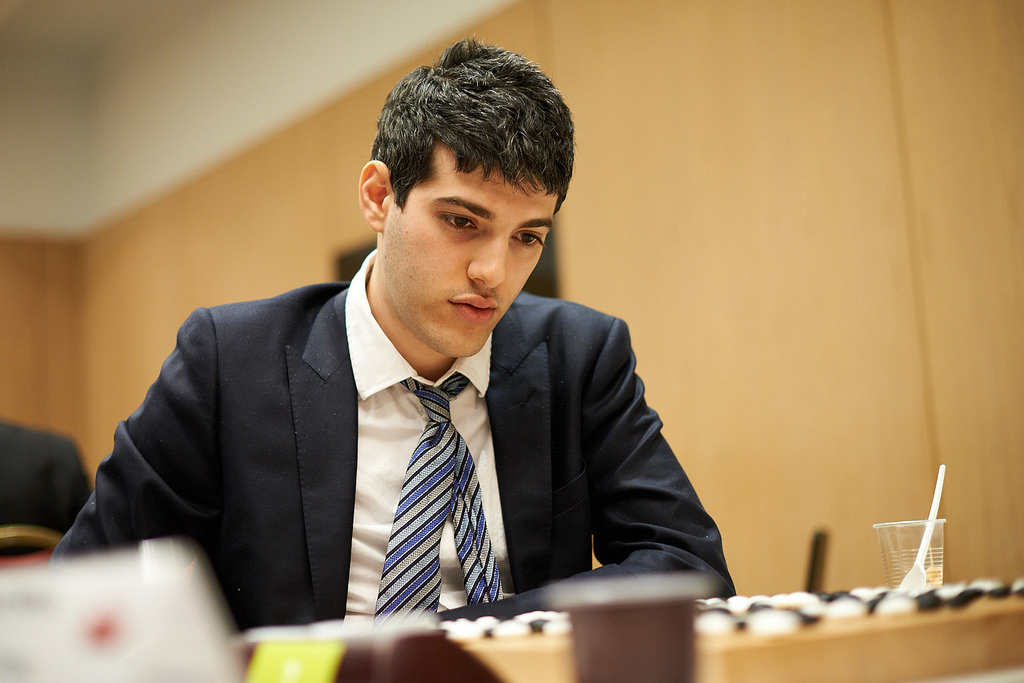
Day 3
On the last day of the tournament Mateusz Surma played against Ilya Shikshin, Pavol Lisy against Artem Kachanovsky and Alexandre Dinerchtein against Ali Jabarin. Ali resigned after just 160 moves. Pavol beat Artem by 4.5 points. Meanwhile, Mateusz was in byo-yomi already at move 144 and at the same time had at least two problems on the board.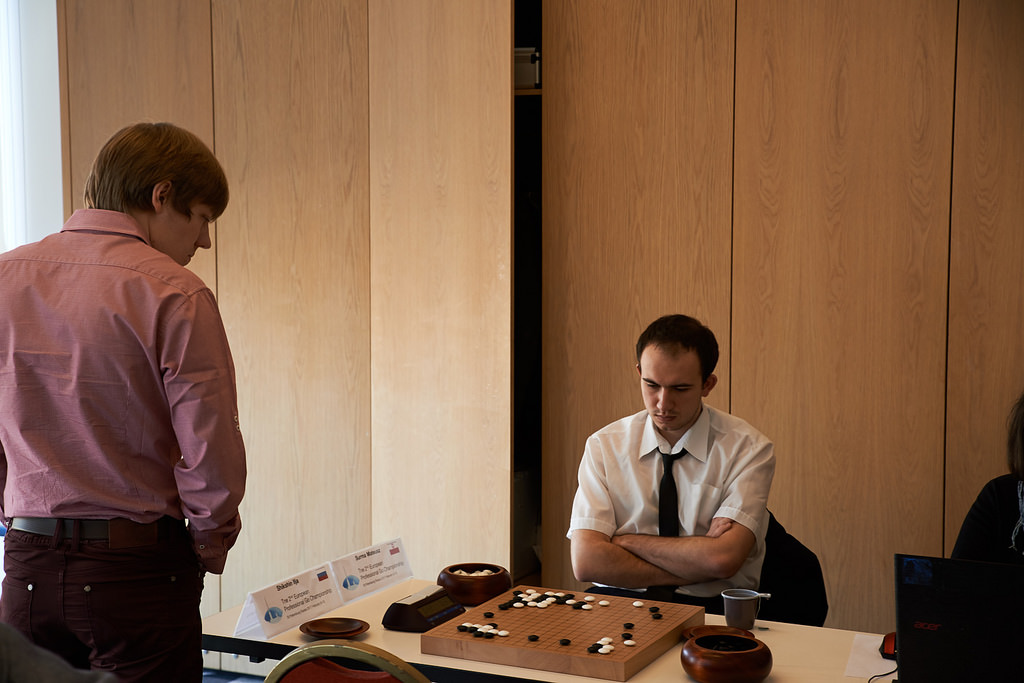
The results of the fifth round showed how close this tournament was: four players had three points, and just one point difference in the tiebreaker (SODOS) decided the standings. Ilya Shikshin finished first, Mateusz Surma ended second, and one SODOS point below him were both Pavol Lisy and Alexandre Dinerchtein. They needed to play a tie-breaking game to determine the third place winner.
The tie-breaking game
In round 2 of the championship, Pavol Lisy won against Alexandre Dinerchtein by 5.5 points. This time, however, the time setting was different as each player had only 45 minutes thinking time without byo-yomi. These settings demanded a relatively fast game.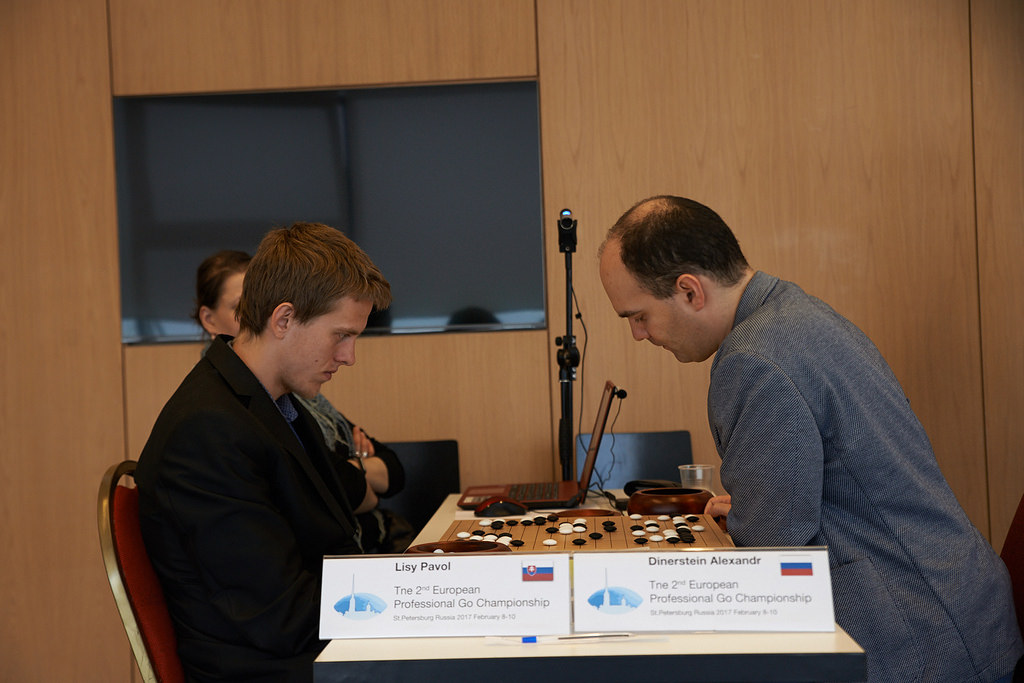
Results
After many challenging games, the 2nd European Professional Go Championship has ended with the following order:- Ilya Shikshin (Russia, 1p)
- Mateusz Surma (Poland, 1p)
- Pavol Lisy (Slovakia, 1p)
- Alexandre Dinerchtein (Russia, 3p Korea)
- Ali Jabarin (Israel, 1p)
- Artem Kachanovskyi (Ukraine, 1p)
Additional resources
Detailed results and all game records are available here.All photos in this article were taken by Mikhail Krylov and used with his permission (thank you, Mikhail!). For more impressions from the tournament, have a look at Mikhail’s event gallery here.
The Russian Go Federation has already uploaded some of the video impressions from the championship. You can see the tie-breaking game between Alexandre Dinerchtein and Pavol Lisy here.
Moreover, Tuo Jiaxi (9p, China) commented the game between Ilya Shikshin and Pavol Lisy live. You can access that commentary through this link (Chinese and Russian only).





